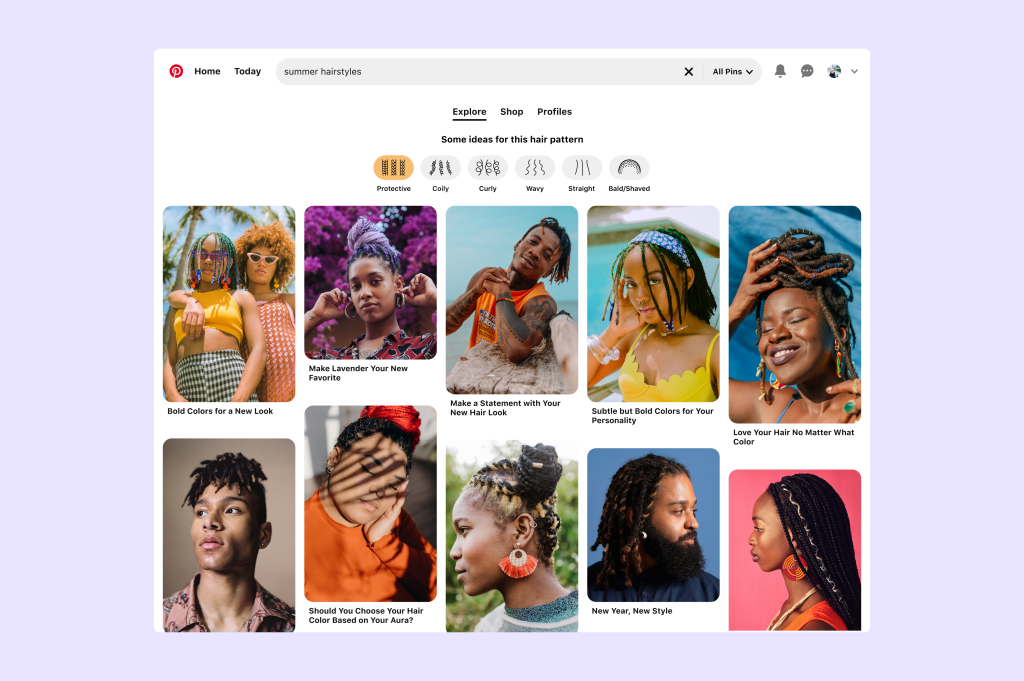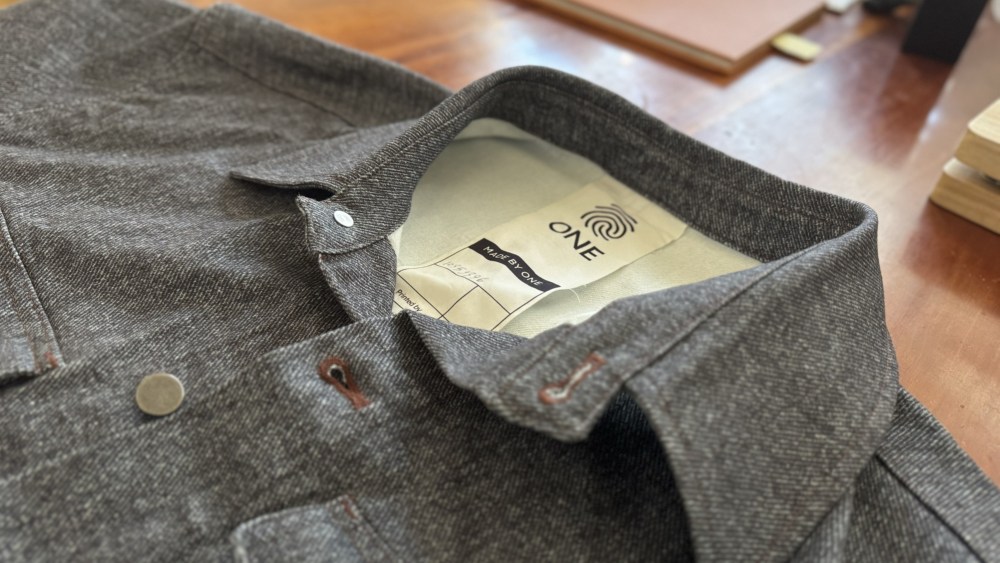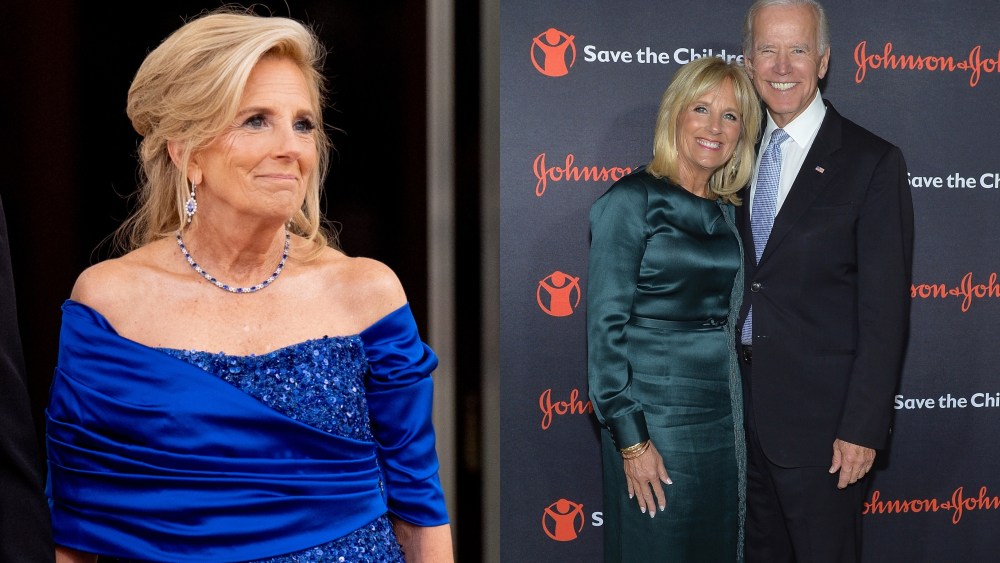Fit isn’t just essential to consumers and designers, it also often triggers boatloads of returns.
To try to reduce returns and help consumers not only spend more responsibly and choose the most flattering silhouettes for their body types, two tech-driven companies — eComID and Pinterest — are each serving up new options for their respective users.
The takeaway is much needed. In 2022, product returns resulted in $816 billion in lost sales for U.S. retailers alone, according to a report by the National Retail Federation and Appriss Retail.
Some of that consumer dissatisfaction can be chalked up to the products not measuring up to online images. In fact, 11 percent of 190 leading brands and retailers in the U.S. and Europe that were surveyed by Coresight Research cited that as the reason for their returns. And 69 percent of respondents (with annual revenues ranging from $50 million to more than $5 billion) said that returns are a significant business challenge.
Building on its efforts to foster greater inclusivity, Pinterest has launched body type ranges, a new feature that enables users to refine their searches for women’s fashion and wedding ideas by recognizing their body shapes and sizes. Rather than use size specifics or descriptions to determine which body shape applies to them, users will rely on four different images. Instead of tags like “pear shape” or “athletic,” the platform is solely representing different body shapes with images. Describing that decision as “purposeful,” Pinterest’s director of consumer product marketing Rachel Hardy said research showed it would be easier for people to see how something might fit them based on images alone. “Images are easier to understand than words. We thought about iconography and words and tested all of these things and we landed on creating a diverse set of images that users could really understand and see themselves in the process,” she said.
Pinterest has developed body type ranges by using AI as signal to help staffers understand how to categorize bodies through analysis of shape, size and form from more than 3.5 billion images on its platform. When users type in a search query in women’s fashion or weddings such as “spring dresses,” four visual, but unnamed ranges pop up as options. “We haven’t specifically named the ranges purposefully. There is a larger range, two in the middle and a smaller range,” Hardy said.
During the soft launch, engagement levels were 66 percent higher per session when body type ranges were used, according to Hardy. “That leads to more shopping behavior. It means they’re spending more time [on the platform], saving more images, buying more things,” she said.
The development stage involved input from size-inclusive specialists, creators and Pinterest users so that Pinners could find more inspiration and use fewer modifiers on the platform.
The new tool is the latest addition to Pinterest’s broader suite of inclusive AI that includes skin tones and hair pattern searches. This was a real pain point and need for users on our platform who couldn’t find inspiration that they could relate to, based on their bodies, hair types or skin types, Hardy said.
Another tool, Stockholm-based eComID, aims to help retailers reduce returns with its AI-powered platform. The technology is designed to encourage informed purchases, minimize returns and reward customers for sustainable practices. Started in September 2023, eComID has approximately 1 million daily users. To date, the startup has raised approximately $3.28 million in two investment rounds. The pre-seed round that closed recently was led by CapitalT, the first female-led tech VC fund in the Netherlands that supports software companies in climate tech and the future of work. H&M Group Ventures, the investment arm of the H&M Group, spearheaded an incubation investment round in July of 2023.
One of eComID’s cofounders and its chief executive officer, Oscar Rundqvist, said the platform is live in Europe, the U.S. and India and the plan is to scale up. Created to establish a more conscientious and informed way of shopping, eComID “helps brands get their customers to make more mindful shopping decisions by lowering excessive return rates,” he said. Afound, a digital outlet that is part of the H&M Group, and Arket, an e-tailer that markets “the pursuit of less,” are two of the company’s customers.
Rundqvist worked in fashion for several years and is familiar with how different companies are trying to solve the problem of returns with avatars, body-scanning technology and size recommendations. But most aren’t tackling the issue “holistically” by taking a proactive approach to help retailers and consumers simultaneously, Rundqvist said. Akin to how other services like Uber and Airbnb have ratings, eComID helps brands take accountability and ownership of their return behavior, Rundqvist added. Some of its customers have had return rates of 90 percent, he said.



